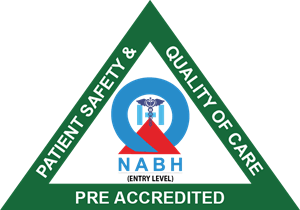- Home
- About
- Specialities
Centers of Excellence
- Facilities
- Procedures
Procedures
- Doctor List
- Health Packages
- Contact


Critical care unit at Bakson Multispecialty Hospital, engages in a multi-disciplinary approach ensuring highest of health standards, care & treatment protocols when it comes to the care of critically ill patients. Our dedicated critical care specialists (intensivists) along with highly skilled and trained critical care nursing staff and the combined strategy which emphasizes on inter-departmental specialist consultations which includes anesthesiology, pulmonary medicine, nephrology, pediatrics, gynecology & obstetrics, surgery in accordance with strict infection minimizing protocols & outcomes, 24×7 monitoring, state-of-art equipment enables us in achieving our aim of successful intensive care patient revival, treatment & maintaining the standard of best critical care hospital in Greater Noida and Noida.
Our critical care unit is adept at treating all major & emergent diseases/health conditions like:-
Tests and procedures performed in our Critical Care Unit are as follows:-
| OPD | 10:00 am – 2:00 pm |
| Xray | 10:00 am – 2:00 pm |
Get to know our dedicated group of board certified doctors with exemplary qualifications, here to assist you on your healthcare journey.
These are stories that involves resilience, persistence & personal strength. Overcoming odds, difficulty and of course challenges of health, these stories ought to inspire us to look beyond the difficulties because there is always more to our lives than just challenges


You can choose to walk in to meet our doctors in their OPD or better still to book your appointment on line. You don’t need to wait. We have specialists in almost all fields of modern medicine.
We have rendered services in Homoeopathy for over 5 decades.
© copyright 2021 | All rights reserved